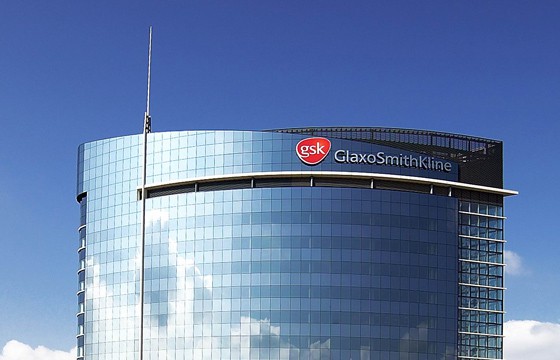
GlaxoSmithKline (GSK) has signed a collaboration and licence agreement with Ligand Pharmaceuticals’ subsidiary Icagen to develop small molecule therapeutics targeting neurological diseases.
The deal will leverage Icagen’s expertise in small molecule therapeutics targeting transmembrane proteins, utilising the company’s discovery technology to identify and develop inhibitors of a ‘specific genetically-validated molecular target’ relevant to neurological diseases.
GSK will pay Ligand an upfront payment of $7m to access its expertise and technology, with additional development, regulatory and commercialisation milestone payments of up to $154.5m.
In addition, Ligand will receive tiered royalties on net sales of any drug from the collaboration agreement to be commercialised by GSK.
“Central to GSK’s innovation agenda is working with cutting-edge partners to help us develop genetically-validated, transformational medicines in ways that are faster and more effective,” said John Lepore, senior vice president, research, GSK.
“Ligand’s unique model systems and depth of expertise will enable our team to advance this drug-discovery program with a higher probability of success and may help deliver a new treatment option for patients suffering from neurological disease,” he added.
The Ligand agreement is the latest in a string of deals announced by GSK as the year draws to a close. This includes a deal announced last week with Surface Oncology for access to the biotech’s lead preclinical oncology asset.
GSK paid $85m upfront for Surface’s asset SRF813, a fully human IgG1 antibody targeting PVRIG – an inhibitory protein expressed on natural killer cells (NK cells) and T cells.
In addition, the British pharma company announced that it will co-lead series A investment and enter a collaboration deal on up to five projects with UK-based biotech company Adrestia Therapeutics.
Adrestia’s ‘disease rebalancing’ platform uses molecular biology to restore the biological balance in diseased or dying cells.
The biotech will be eligible to receive up to $230m from each project in post-option milestone payments, as well as royalties dependent on development and commercialisation progress across the multiple products.
Another deal – signed with Sosei Heptares this week – will see GSK collaborate on the discovery and development of a small molecule target for inflammatory bowel disease and other gastrointestinal immune disorders.




